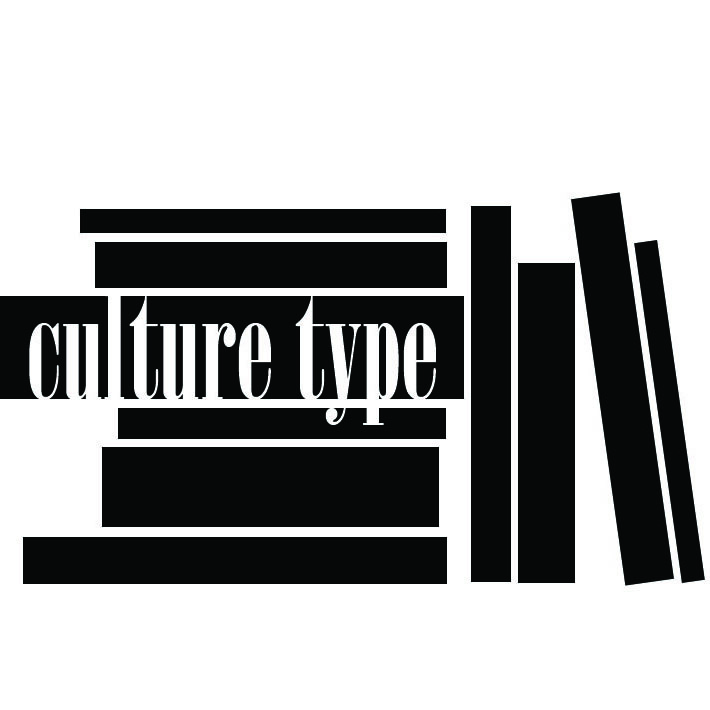
Senegalese filmmaker Mati Diop won the 2024 Berlin International Film Festival top prize for the documentary “Dahomey,” which she wrote, directed, and co-produced. | Photo courtesy Berlin Film Festivals
Mati Diop is the first Black filmmaker to win the top prize at the Berlin International Film Festival
IN 2021, FRANCE RETURNED 26 artworks and artifacts to the Republic of Benin, including a wooded effigy of King Behanzin, two royal thrones, and elaborately carved palace gates. The objects were looted by French colonial soldiers in 1892. About 7,000 more plundered works remain abroad.
The restitution is the subject of “Dahomey.” The name of the film references the kingdom of Dahomey, which thrived in the 17th and 18 centuries when it was located where Southern Benin is today.
“Dahomey” won the Golden Bear for Best Film at the 2024 Berlin International Film Festival. French Senegalese filmmaker Mati Diop directed and co-produced the documentary and also wrote the script.
Actor Lupita Nyong‘o served as president of the festival’s seven-member jury. She announced Diop’s prize and presented her with the Golden Bear at the awards ceremony. In her acceptance speech, Diop expressed gratitude for the film’s reception and said the project represented an “invisible community” and was part of tearing down the “wall of silence” and denial.
She continued: To rebuild, we must first restitute. And what does restitution mean? To restitute is to do justice.… We can get either get rid of the past as an unpleasant burden that only hinders our evolution or we can take the responsibility of it, using it as a basis to keep us moving forward. You have to choose. As a French-Senegalese woman, as an Afro-descendent filmmaker, I have chosen. We are among those who refuse to forget. We are among those who refuse to accept amnesia as a method. I stand in solidarity with my people of Senegal, fighting for democracy, fighting for justice.” Diop added that she also stood in solidarity with Palestine.
“We can get either get rid of the past as an unpleasant burden that only hinders our evolution or we can take the responsibility of it, using it as a basis to keep us moving forward. You have to choose. As a French-Senegalese woman, as an Afro-descendent filmmaker, I have chosen.”
— Mati Diop
Diop is the first Black filmmaker to win the Berlin festival’s top prize. The actor turned director lives between Paris and Dakar and was a Radcliffe fellow at The Film Study Center at Harvard University (2014-15), She is no stranger to making history on the international film circuit.
In 2019, “Atlantiques (Atlantics)” her feature film directorial debut had its world premiere at the Cannes Film Festival. Diop was the first Black woman to have a film in the main Competition section at Cannes and went on to win the Palme d’Or, the prestigious festival’s highest prize and another historic first. CT
FIND MORE about Mati Diop on Instagram
WATCH MORE View Mati Diop’s acceptance speech at the 2024 Berlin International Film Festival(her award/remarks begin at 20:10) and see the trailer for “Dahomey”
READ MORE In 2018, the French government commissioned a groundbreaking report authored by French art historian Bénédicte Savoy and Senegalese economist Felwine Sarr: The Restitution of African Cultural Heritage. Toward a New Relational Ethics
FIND MORE about France’s return of looted treasures to the Republic of Benin in The Guardian and New York Times
FIND MORE Phillip Ihenacho, director of the Edo Museum of West African Art in Nigeria, wrote about restitution from an African perspective in The Art Newspaper
Press conference highlights at the 2024 Berlin Film Festival, with Senegalese director Mati Diop and the cast of “Dahomey” discussing the film, the significance of the looted artworks, and educating the next generation about their cultural heritage. | Video by Berlin Film Festival
Trailer for Mati Diop’s film “Atlantiques (Atlantics),” which took the top prize at Cannes in 2019. Netflix acquired worldwide rights to the haunting love story. Senegal submitted “Atlantics” to the 2020 Oscars for consideration in the Best International Feature Film category. It made the 10-film shortlist, but ultimately was not among the five Oscar-nominated films. | Video by Netflix
BOOKSHELF
Several books have been published about the restitution of art and artifacts from European and U.S. museums and institutions back to the West African regions from which they were stolen during the colonial era. “Brutish Museums: The Benin Bronzes, Colonial Violence and Cultural Restitution” has received critical praise. “Loot: Britain and the Benin Bronzes” and “Museums and Restitution: New Practices, New Approaches” were recently published. Also consider “Regeneration: Black Cinema, 1898–1971” and “African Diasporic Cinema: Aesthetics of Reconstruction.”






















